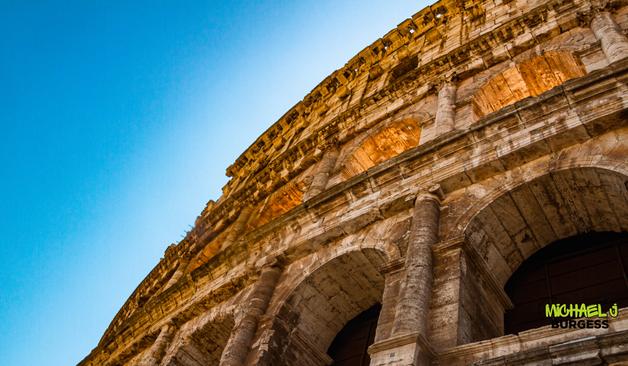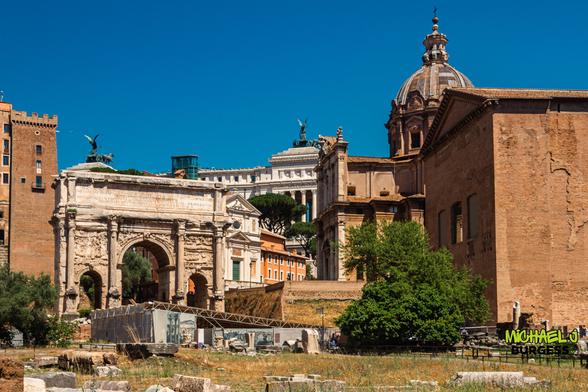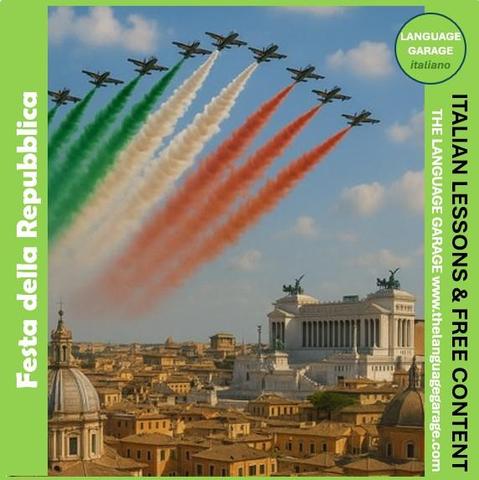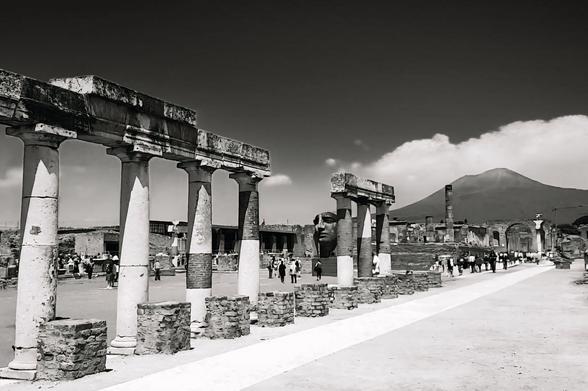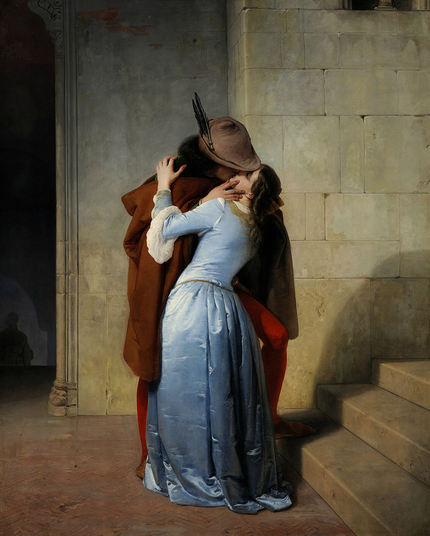#Auspol #USpol #History #ItalianHistory #Fascism #DodgyAndGreatLeaders
#Reading or more like dipping into
B. A. SANTAMARIA
ITALY CHANGES SHIRTS:
THE ORIGINS OF ITALIAN FASCISM
MA THESIS
UNIVERSITY OF MELBOURNE
1934
and am enjoying focusing on sentences and letting my mind mull over ideas while i do/ watch/ read other stuffs. this might become a thread with occasional ramblings.
i’m struck by some parallels with USA (how could one not be?) but for context am reminded mussolini had established himself as leader much earlier than hitler and was, in fact, admired by hitler. (i think a great deal of hitler’s success was down to goebbels.) both mussolini and hitler lived in a time when the ongoing war of ideas between communism and capitalism were front and centre.
the labels and the details morph and change over time, but when our previous opposition leader threw words like “liberal”, “commie” or “woke” around, i suspect it was really more of the same.
in the red corner, people who think governments can and should care about everyone, and in the blue corner, those who think individualism is essential to god’s grand design.
I wonder, sometimes, if the USA is one western country that never really had a “left” at all.
On the very first page of his thesis, Santamaria suggests the Italian public embraced fascism (and the idea of a strong leader) because parliamentary democracy seemed to suck.
(Echos of this in Trump’s “drain the swamp” rhetoric, and his now open contempt for the system altogether)
Discussing Mussolini, Santamaria goes on to say Lenin believed “the only man who could successfully rule Italy was the one who reproduced in himself the main characteristics of the great mass of Italians”
The USA has a problematic electoral system, and many people are disenfranchised in one way or another. I don’t want to slander an entire nation, but I do wonder how many people found it easier to identify with Trump than with Harris?
Closer to home, how well do we identify with this or that type of leader in Australia? Do we reject potential leaders more easily than we embrace them?
1975 in Australia was a disappointment, but I distinctly remember that, apart from the scare about whitlam overspending/ seeking dodgy loans from someone with a foreign name, a lot of people were fed up with having to vote, and all the campaigning that goes with more-frequent-than-usual elections.

